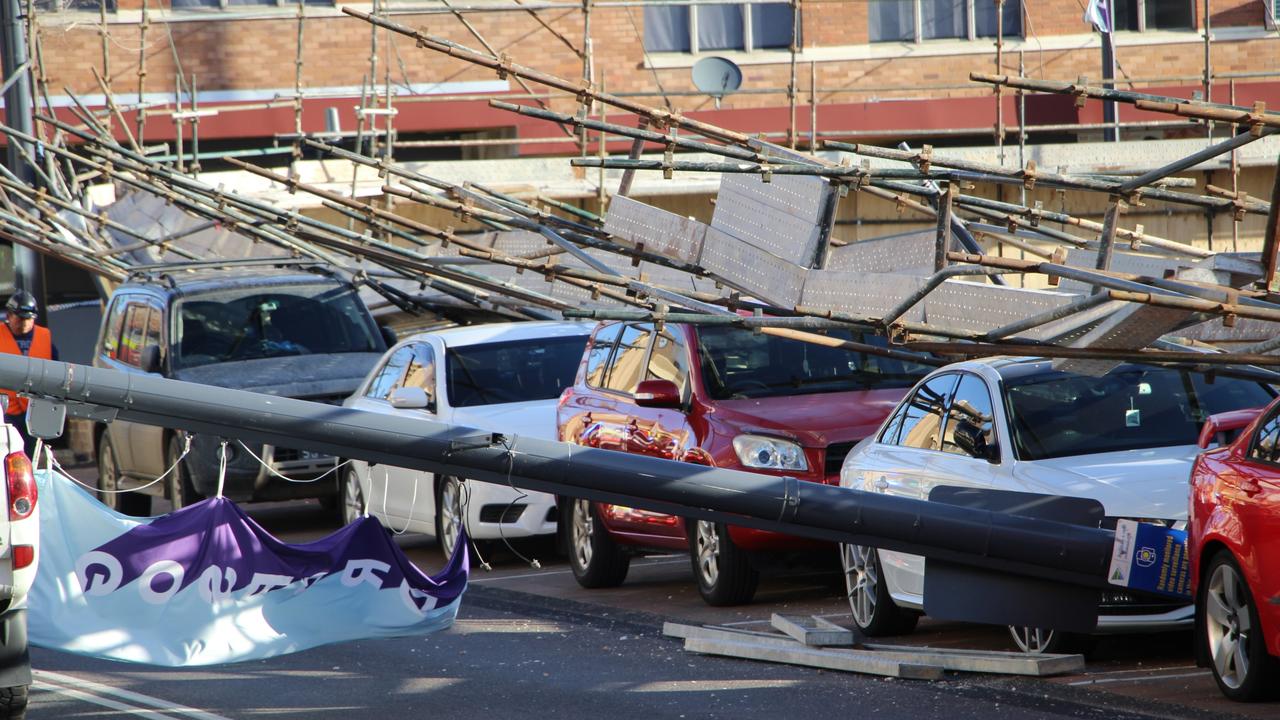‘It's going to be like an exodus’: Lismore flood victims flee the region as NRRC falls behind on affordable land
Affordable land for Northern Rivers flood victim’s will not be made available until next year, with the promise “too little too late” for many flood victims forced to abandon their homes.

Regional News
Don't miss out on the headlines from Regional News. Followed categories will be added to My News.
Affordable land won’t be made available for flood victims‘ until “early” 2024 as the state-appointed corporation responsible for flood recovery continues to negotiate with landowners.
But residents who have still living the aftermath of horror floods say it’s “too little too late” as frustration grows in the community.
The Northern Rivers Reconstruction Corporation has identified 22 development sites across Ballina, Byron, Clarence Valley, Kyogle, Lismore, Richmond Valley and Tweed with potential capacity for up to 10,300 dwellings.
Fifteen sites are for “immediate investigation” for flood impacted residents with capacity for approximately 7800 dwellings.
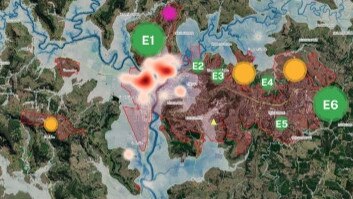
About 2620 homes could be built across six sites in Lismore in the short term.
Seven further sites with capacity for approximately 2500 dwellings have been identified for longer term development.
However, initial areas for developing affordable land for flood victims are not expected to be ready until early 2024, with negotiations ongoing.
The NRRC will now commence “detailed investigations” for each of these 15 sites to support housing for residents impacted by the 2022 floods.
Maps show the general vicinity of where the sites will be located, however the NRRC is currently still in negotiations with the land owners.
The NRRC said it will support affordability of land by partnering with developers and government to provide housing diversity including affordable rental and social housing.
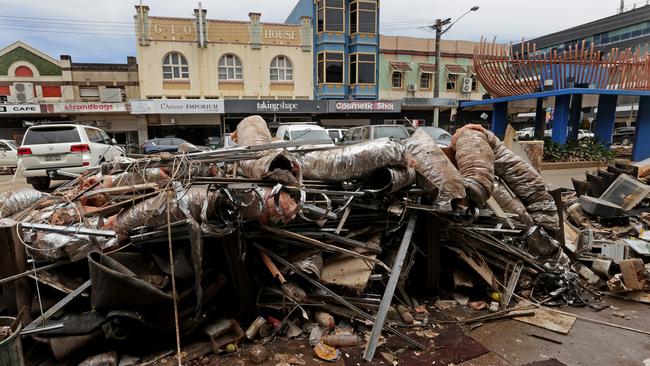
Community consultation will be run for a month from today through the NRRC’s website, with the final strategy set to be handed down in August.
An NRRC spokesman said “action will continue to be needed to address complex housing issues”.
“Housing stress is a chronic issue in the Northern Rivers region, impacting the sustainability of communities and their capacity to grow,” the spokesman said.
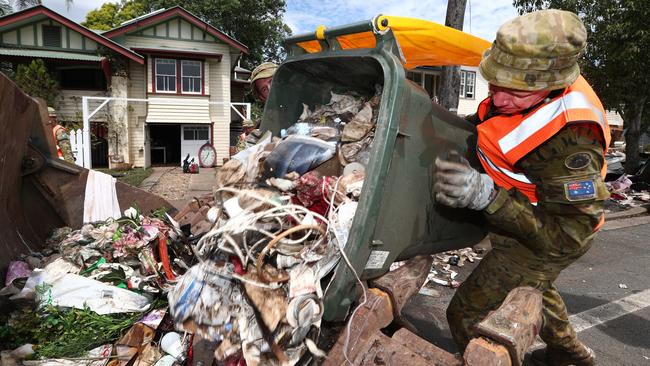
“This problem existed prior to the February 2022 flood event but was exacerbated by the catastrophic flooding.”
“The Resilient Land Program is focused on providing safe, sustainable and flood-free housing options for residents whose homes were severely impacted by the 2022 floods and are looking to relocate out of these areas.”
‘Guessing game’ in house relocations
As the program stands at the moment, residents have the opportunity through buybacks to relocate their homes at their own cost.
South Lismore resident Harper Dalton and a leader of the movement to relocate homes of flood affected residents said the announcement was a “step in the right direction” for people looking to relocate their homes.

However, there are questions still left unanswered. A member of the resilient land reference group, Mr Dalton said the NRRC’s maps of the land doesn’t give “any indication” of what sites have been chosen.
“Until they actually say this is the plot of land that people can move to, it’s still a bit of a guessing game,” he said.
Mr Dalton said the announcements of land availability should have been made alongside buybacks for people to be able to make informed decisions.
“I only know of one person who has a buyback that was able to buyback into Lismore,” he said.
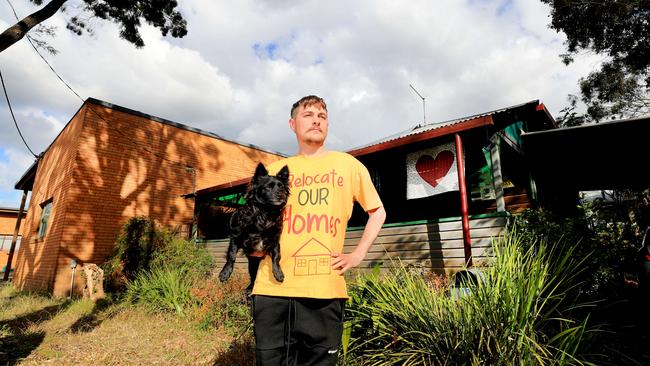
“I think the overwhelming majority are going to be leaving the area. It’s going to be like an exodus.
“It definitely it is too little too late … but I think that it is important to highlight that hopefully the NRRC can turn it around.”
North Lismore resident Naomi Worrall was forced to use her buyback to secure accommodation in Kyogle as she couldn’t gamble on land being made available to her in time.
“I wanted to take my home to another block of land with these lovely ideas of building these vibrant new communities and bringing all our beautiful old houses with us,” she said.
“In retrospect it was quite a utopian idea.

Ms Worrall said she couldn’t wait because the NRRC wouldn’t provide any concrete information on a time frame – leaving her in limbo.
Ms Worrall said from meetings with the NRR, “to say they don’t understand is quite an understatement.”
“They don’t seem to understand that part of their remit is understanding the impacts on people’s lives,” she said.
“I think they have led people to believe that they are considerate and flexible but it’s not what they are prepared to do.
Due to her circumstances Ms Worrall said even though her buyback offer was probably pre-flood market value “it still doesn’t change the fact that it’s flat on a flood plain and we’re trying to buy in a post-flood market”.

“I didn’t know where the resilient land would be and I couldn’t gamble on that land being somewhere I could live.”
“I had to take it because I won’t be able to compete otherwise,” Ms Worrall said.
“And NRRC weren’t ready so they had me on the clock to take up my offer but clearly had none of their systems set up to do what they said they were going to do.
“It was a nightmare.”





